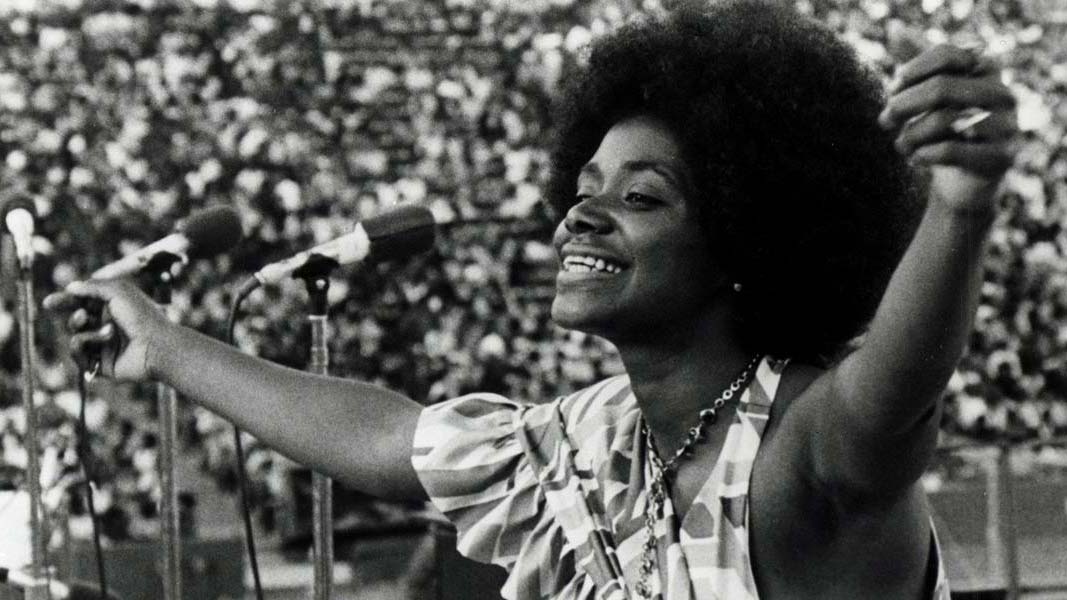Carla Thomas holds the distinction of being the first artist to cut a record at the Stax Records studio at 926 E. McLemore Avenue. Well, one of the first. She actually recorded that first song with her famous father, Rufus Thomas, at the age of 17. The duet, “Cause I Love You,” became a regional hit and changed the course of music history forever. While Jim Stewart had started out to record country and pop music, he now had been awakened to black music. In Rob Bowman’s Soulsville U.S.A.: The Story of Stax Records, he says: “Prior to that I had no knowledge of what black music was about . . .It was like a blind man who suddenly gained his sight . . . From that moment on, Satellite became a rhythm and blues label.” The record also got the attention of Atlantic Records’ Jerry Wexler, who leased the master and released the song on Atlantic’s subsidiary Atco Records label.
Thomas became a national sensation with the 1960 Satellite release of her smash hit “Gee Whiz (Look At His Eyes),” which she had penned at the age of 16. A string of other hits followed, including her duet album with Otis Redding, King and Queen, and she took her rightful place in the pantheon of music as the “Queen of Memphis Soul.”
Thomas had numerous successful albums, was a star on the 1967 Stax/Volt Revue European tour, performed for 100,000 people at the 1972 Wattstax concert, and stayed with the company until it closed in 1975. She received a Pioneer Award from the Rhythm and Blues Foundation in 1993, and appeared in the 2003 D.A. Pennebaker documentary Only the Strong Survive.
Carla Thomas today remains one of the most critically acclaimed icons of soul music, but rarely performs. She did perform at the 2003 Soul Comes Home concert during the Grand Opening of the Stax Museum and has made a few appearances since that time, but is, for the most part, retired save for occasional impromptu performances at clubs in Memphis.
On September 18, 2007, Concord Records released what many say is her finest album, Live at the Bohemian Caverns, recorded live in the prestigious Washington, D.C. jazz club in a performance arranged by then-Stax president Al Bell and soul legend Donny Hathaway. The album – which expanded Thomas’ roots from R&B into jazz and pop – was inexplicably shelved after it was recorded but is now being heard and appreciated by her fans and new generations of music lovers.


